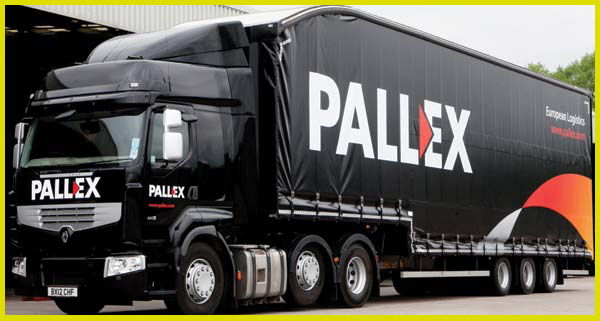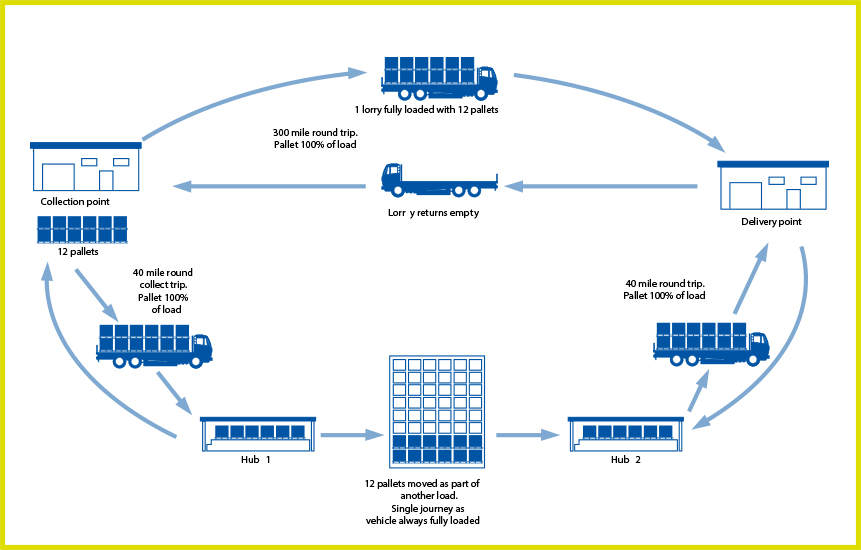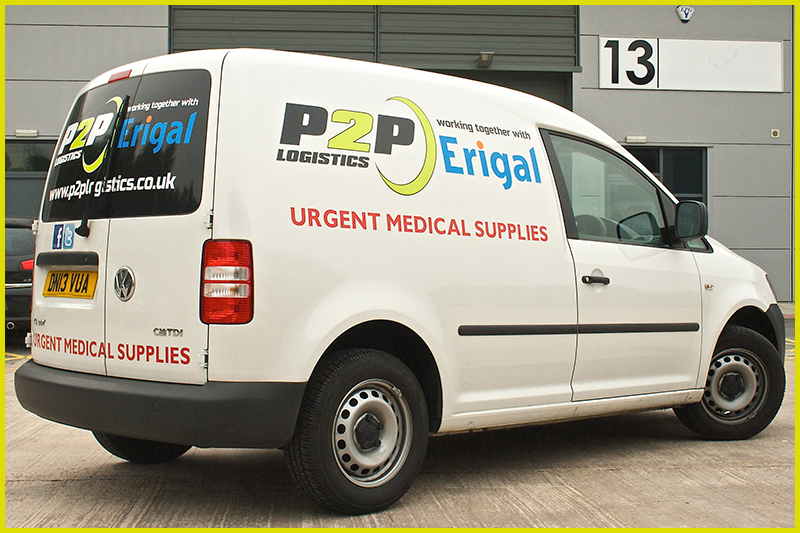Integrated
Logistics Services
Case Studies
Pall-Ex Case Study
Our decision to join Pall-Ex has spearheaded improved margin and growth within the pallet area of our business. This has provided a more sustainable platform in which to offer our customers cost effective national coverage for small consignments of palletised freight.
The partnership between the two organisations is both practical and successful, and provides us with a mechanism to offer our customers a flexible and reliable delivery service. With over 90 depots nationwide and access to over 7,000 vehicles, collectively we have every area of the UK covered, most on a daily basis.
Having analysed customer costs we prepared a customer matrix providing clients with financial savings as well as a significantly reduced carbon footprint through reduction in wasted mileage. Typically on a 350 mile journey there is an opportunity to save a minimum of 5% cost on a 12 pallet delivery and much more on smaller consignments.
Environmental savings can be far greater; on a similar journey you could reduce your carbon output by up to 54% .

Example One
CO2(e) of 300 mile trip = 555 Kg CO2(e)
Based on 150 miles 100% utilisation and 150 miles 0%
Saving
302 Kg CO2(e)
54% CO2(e)
Example Two
40 + (110/4) + 40 mile trip = 107.25 miles
FLT loading / unloading = 2 hours work = 6 litres diesel
CO2(e) of total journey and service = 253 Kg CO2(e)
2011 DEFRA GHG Conversion Factors

Pharmaceutical Case Study
As an organisation we made a strategic decision to expand the P2P business and diversify into other markets and types of delivery. This led to us tendering for a national contract in hazardous distribution.
Having successfully completed the process and being awarded the contract we have continued to work alongside our customer to improve their customer service and delivery visibility.
In order to achieve this we have a series of KPI’s and service levels which must be met - these are reported on each week. In addition we have installed real time vehicle tracking which has enabled us to manage our drivers more closely; but also giving our customer peace of mind and driver visibility.
This has resulted in an improved supply chain and overall service, and over time an increased market share which will benefit both P2P and the customer.

